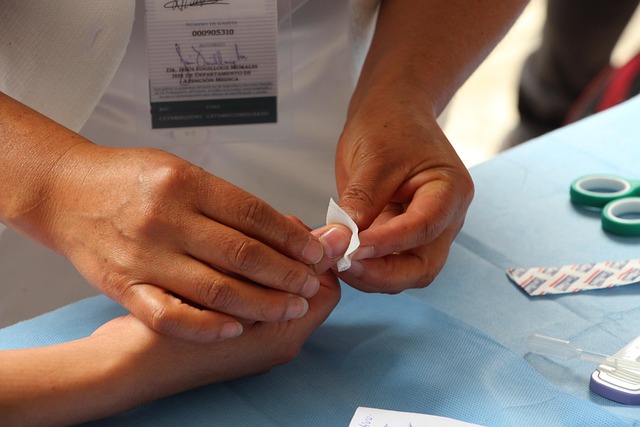In Georgia, nursing home sexual assault is a serious legal and public safety issue. Nursing home sexual assault lawyers and attorneys are vital in protecting victims' rights, navigating complex cases, and ensuring justice under stringent laws designed to safeguard vulnerable residents. Failure to report sexual abuse or assault by long-term care facilities can lead to legal consequences. Specialized law firms in Georgia focus on these cases, guiding victims and holding nursing homes accountable through the legal system.
In Georgia, understanding nursing home sexual assault laws is crucial to protect vulnerable residents. This comprehensive guide delves into the state’s legal framework, including jurisdiction and reporting requirements in long-term care facilities, as well as the rights of victims and survivors. We explore key aspects such as legal definitions, penalties, protection against retaliation, and access to legal remedies. Furthermore, we emphasize the importance of experienced nursing home sexual assault lawyers in Georgia, guiding you through the process and helping you find the right attorney. For those seeking justice, this article offers valuable insights into navigating legal action with expert support.
Understanding Georgia's Legal Framework for Nursing Home Sexual Assault
In Georgia, nursing home sexual assault is taken very seriously, with a robust legal framework in place to protect residents and hold perpetrators accountable. The state has specific laws that address sexual misconduct within long-term care facilities, emphasizing the importance of safety for vulnerable adults. A nursing home sexual assault lawyer Georgia residents trust can guide victims or their families through this complex legal landscape.
These laws not only define what constitutes sexual assault in a nursing home setting but also outline the responsibilities of care providers and the rights of residents. A nursing home sexual assault attorney Georgia has seen these cases vary widely, from physical assaults to non-consensual touching and harassment. Nursing home sexual assault law firms Georgia offer expertise in navigating these sensitive matters, ensuring that victims receive justice and that care homes are held to the highest standards of safety and care.
– Overview of Georgia laws pertaining to sexual assault
In Georgia, sexual assault is taken seriously and is governed by stringent laws designed to protect victims and hold perpetrators accountable. The state recognizes various forms of sexual misconduct, including unwanted touching, rape, and sexual battery, with penalties escalating based on the severity of the crime. When it comes to nursing homes, the rules are even more explicit to safeguard residents, many of whom may be vulnerable due to age or health conditions.
Nursing home sexual assault lawyers in Georgia play a crucial role in ensuring these laws are enforced and that victims’ rights are protected. A nursing home sexual assault attorney in Georgia will help navigate the complex legal system, provide guidance on available options, and represent clients to secure justice. These law firms have expertise in handling cases involving institutional abuse and can offer specialized support tailored to the unique needs of nursing home residents.
– Jurisdiction and reporting requirements in long-term care facilities
In Georgia, long-term care facilities like nursing homes are subject to specific legal frameworks regarding sexual assault. These institutions operate within a defined jurisdiction, and their duty is to report any incidents of sexual abuse or assault to the appropriate authorities. The state’s laws mandate that healthcare facilities have policies in place for handling such matters, including immediate reporting to local law enforcement and relevant government agencies. Failure to comply with these reporting requirements can lead to legal consequences for the facility and its staff.
Nursing home sexual assault lawyers Georgia, nursing home sexual assault attorneys Georgia, and law firms specializing in this area play a vital role in ensuring that residents’ rights are protected. These professionals guide both victims and facilities through the complex legal landscape, advising on reporting procedures and potential liabilities. With their expertise, they help establish accountability and secure justice for those affected by sexual assaults within long-term care settings, while also assisting facilities in upholding the law and maintaining safe environments for all residents.





